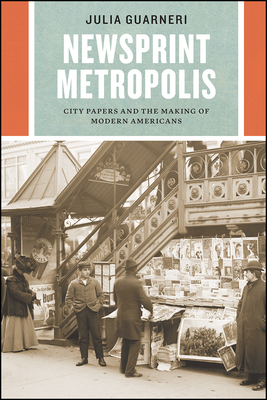Expedite your nonfiction book discovery process with Readara interviews, summaries and recommendations, Broaden your knowledge and gain insights from leading experts and scholars
In-depth, hour-long interviews with notable nonfiction authors, Gain new perspectives and ideas from the writer’s expertise and research, Valuable resource for readers and researchers
Optimize your book discovery process, Four-to eight-page summaries prepared by subject matter experts, Quickly review the book’s central messages and range of content
Books are handpicked covering a wide range of important categories and topics, Selected authors are subject experts, field professionals, or distinguished academics
Our editorial team includes books offering insights, unique views and researched-narratives in categories, Trade shows and book fairs, Book signings and in person author talks,Webinars and online events
Connect with editors and designers,Discover PR & marketing services providers, Source printers and related service providers

Newsprint Metropolis: City Papers and the Making of Modern Americans
History > United States - 20th Century
- University of Chicago Press
- Paperback
- 9780226758329
- 9 X 6 X 0.9 inches
- 1.05 pounds
- History > United States - 20th Century
- (Single Author) Asian American
- English
Readara.com
Book Description
At the turn of the twentieth century, ambitious publishers like Joseph Pulitzer, William Randolph Hearst, and Robert McCormick produced the most spectacular newspapers Americans had ever read. Alongside current events and classified ads, publishers began running comic strips, sports sections, women's pages, and Sunday magazines. Newspapers' lavish illustrations, colorful dialogue, and sensational stories seemed to reproduce city life on the page.
Yet as Julia Guarneri reveals, newspapers did not simply report on cities; they also helped to build them. Metropolitan sections and civic campaigns crafted cohesive identities for sprawling metropolises. Real estate sections boosted the suburbs, expanding metropolitan areas while maintaining cities' roles as economic and information hubs. Advice columns and advertisements helped assimilate migrants and immigrants to a class-conscious, consumerist, and cosmopolitan urban culture.
Newsprint Metropolis offers a tour of American newspapers in their most creative and vital decades. It traces newspapers' evolution into highly commercial, mass-produced media, and assesses what was gained and lost as national syndicates began providing more of Americans' news. Case studies of Philadelphia, New York, Chicago, and Milwaukee illuminate the intertwined histories of newspapers and the cities they served. In an era when the American press is under attack, Newsprint Metropolis reminds us how papers once hosted public conversations and nurtured collective identities in cities across America.
Author Bio
I am a social and cultural historian of the United States, with particular interests in media, urban history, and popular culture. I did my BA at Cornell University, and completed my PhD at Yale. Before joining the Cambridge Faculty of History in 2015, I taught at the University of Pittsburgh as an ACLS New Faculty Fellow, at Colgate University as a visiting professor, and at City College in Manhattan as an adjunct professor.
Research Interests
My book, Newsprint Metropolis: City Papers and the Making of Modern Americans (University of Chicago Press, 2017) is a history of daily newspapers and the cities they served. It traces newspapers’ evolution into highly commercial, mass-produced media packed with new features such as the sports page, the metropolitan section, the Sunday magazine, and the comic strips. By placing daily papers in their urban context, the book shows that they did not simply report on cities; they also helped to build cities. The book has received three prizes: the 2018 Eugenia M. Palmegiano Prize, awarded by the American Historical Association for the best book on the history of journalism in any area of the world; the 2018 Jane Jacobs Urban Communication Book Award; and the 2019 James Carey Media Research Award.
You can read a short piece of my newspaper research on syndication here, and on the birth of the metropolitan section here. I continue to write on the history of media in the U.S.; I am currently at work on an article on the women’s pages in turn-of-the-century newspapers. My next book project will be a history of the nationalization of American news, as told through the Hearst newspaper chain.
I have a long-term research interest in the history of American body language.
Source: University of Cambridge
Videos


Community reviews
No Community reviews

